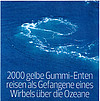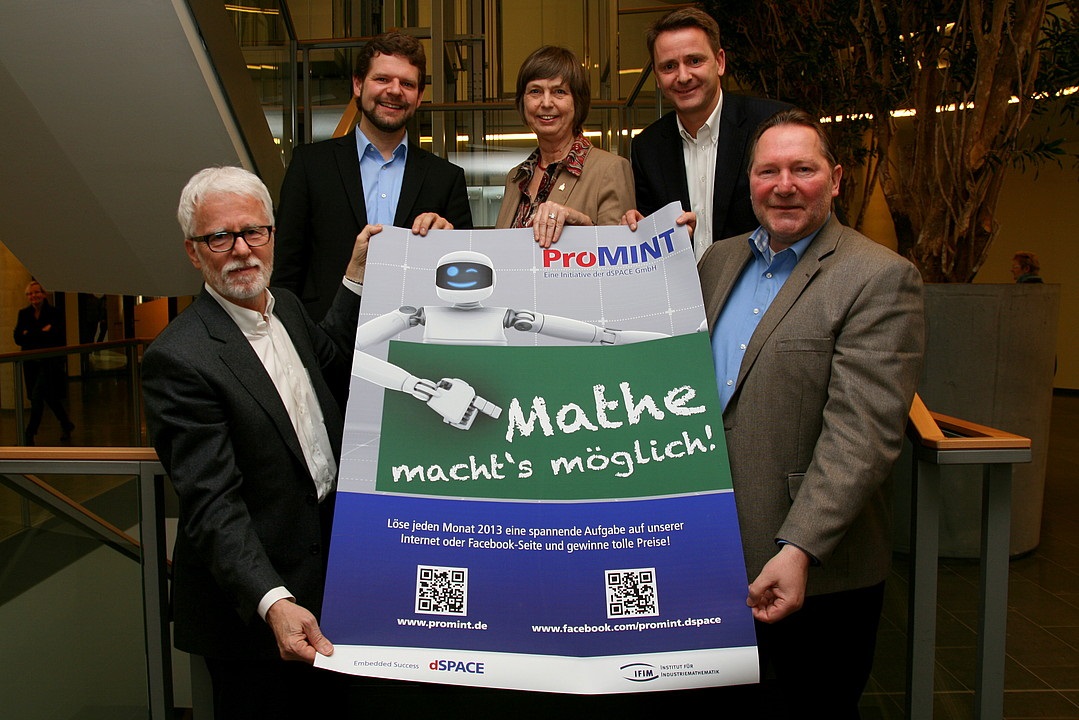29.05.2024
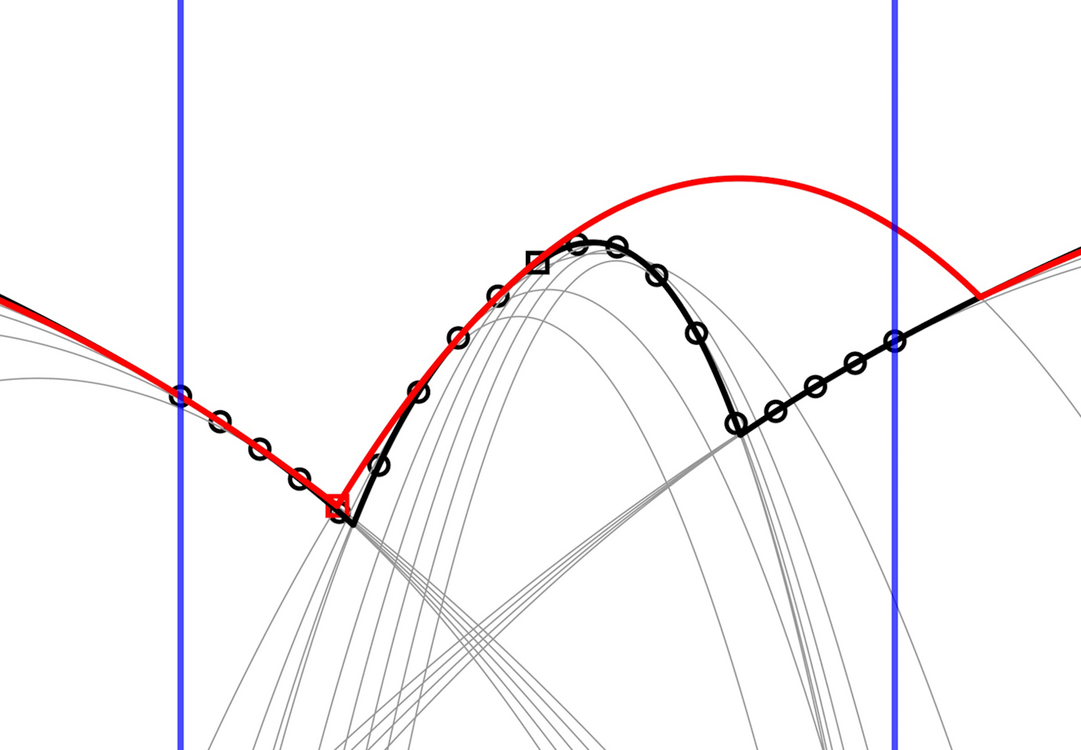
The research proposal "A novel second-order derivative and solution methodology for non-smooth optimization" was approved:
The proposal was submitted by Bennet Gebken in the Walter Benjamin Programme of the Deutsche Forschungsgemeinschaft (DFG). The project investigates a novel solution methodology for optimization problems with non-smooth objective functions. This involves a new concept for higher-order derivatives of non-smooth functions, which can be used for the construction of higher-order models of such functions.
25.04.2022
Bennet Gebken successfully defends his PhD thesis:
The thesis is titled "Computation and analysis of Pareto critical sets in smooth and nonsmooth multiobjective optimization".
03.12.2021
Raphael Gerlach successfully defends his PhD thesis:
The thesis is titled "The computation and analysis of invariant sets of infinite-dimensional systems".
07.05.2021
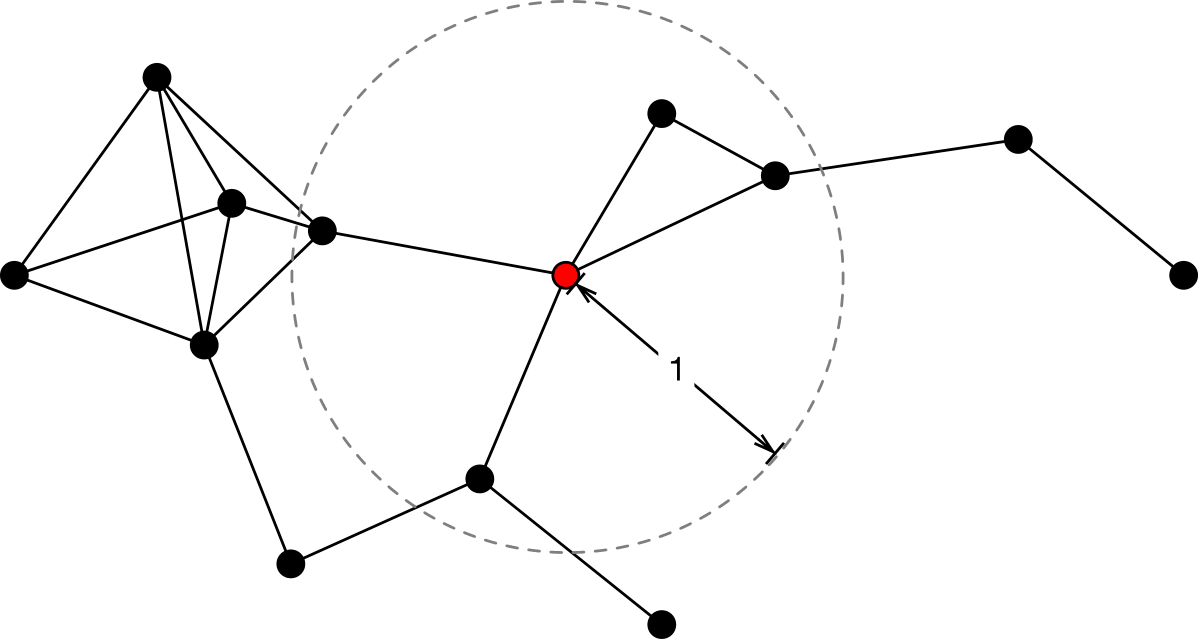
The resarch proposal "Algorithms for swarms: Distributed Computing meets Dynamical Systems" was approved:
The joined proposal with Prof. Dr. Friedhelm Meyer auf der Heide submitted to the Deutschen Fördergemeinshaft (DFG) was approved. The goal of this project is to investigate the capabilities and limitations of local, distributed strategies for swarms of mobile robots. Our approach is to combine techniques from distributed computing and dynamical systems in order to enhance the understanding of protocols for formation tasks.
01.04.2021
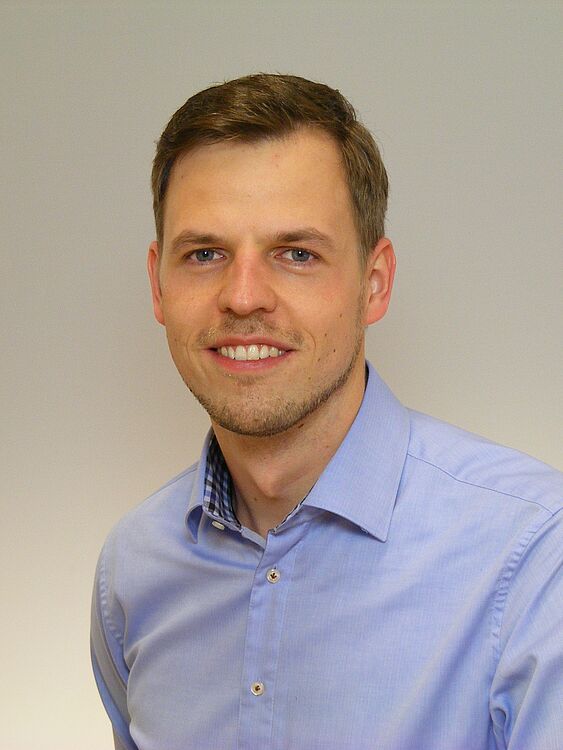
Sebastian Peitz has been appointed a junior professorship in the Department of Computer Science at Paderborn University:
He is head of the working group "Data Science for Engineering".
10. - 12.10.2019

KickOff Meeting of the second phase of DFG Priority Programme 1962 (Non-smooth and Complementarity-based Distributed Parameter Systems):
The KickOff Meeting of the second phase of the DFG-funded Priority Programme 1962 will take place from October 10 to October 12 2019 in Berlin. We participate in the Priority Programme with our project "Multiobjective Optimization of Non-Smooth PDE-Constrained Problems — Switches, State Constraints and Model Order Reduction", which is a cooperation with Prof. Dr. Stefan Volkwein (University of Konstanz).
28.05.2019
Research project SET CPS started:
The project "Simultaneous Development and Testing of Cyber Physical Systems (CPS) using the example of autonomous electric vehicles" is started in cooperation with dSpace and the e.Go Mobile AG. (UPB Pressemitteilung)
27.04.2017
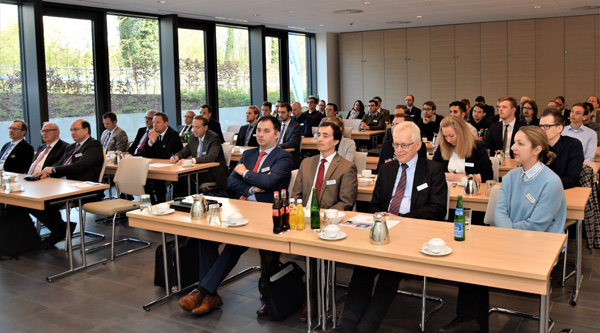
it's OWL ReSerW successfully completed:
Intelligent communication between processes, a significant reduction of consumed resources and utilization of new gripping technology: these are the results of the project "Ressourceneffiziente selbstoptimierende Großwäscherei" (ReSerW), which have been realized by Kannegiesser and four research institutions within the leading edge cluster it's OWL. During the final presentation on April 27, all partners expressed their satisfaction with the outcome of the joint project.
The results were obtained by close cooperation between Kannegiesser and the research institutions CITEC (University of Bielefeld), the Institute for Industrial Mathematics (Paderborn University), the Heinz Nixdorf Institut (Paderborn University), and the Fraunhofer Institute for Mechatronic design. Dirk Littmann, managing director of Kannegiesser, reported on the advances in the development of industrial laundries with respect to productivity, quality, flexibility, and energy efficiency. Using intelligent communication and mathematical optimization techniques, a significant reduction of the consumed resources could be realized during the last years. According to Littmann, the required amount of water per kg laundry could be reduced from ten to three liters, the energy consumption from 2 kWh to 0,8 kWh, and the amount of washing detergents could be reduced by 50 percent. (it's OWL Newsroom)
22. - 23.02.2017
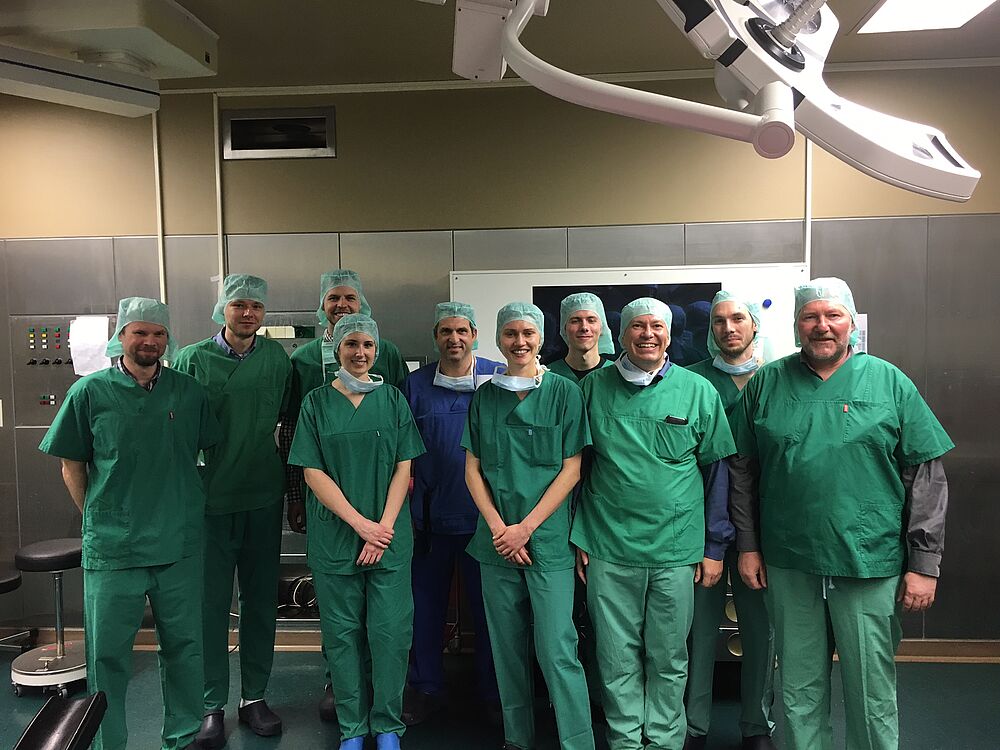
Kick-Off Meeting of the BMBF Project IBOSS (Information-Based Optimization of Surgery Schedules):
The KickOff meeting of our project IBOSS took place from February 22nd February 23rd 2017 in Berlin. The aim of the project, which is a cooperation with the Charité, the Zuse Institut e Berlin (ZIB) and the FU Berlin, is to improve the planning of operations using optimization techniques. (UPB press release (german), Project Homepage)
05. - 07.12.2016
KickOff Meeting of the DFG Priority Programme 1881 (Turbulent Superstructures):
The kickOff meeting of SPP 1881 will take place from December 05th to December 7th 2016 in Ilmenau. We are part of the SPP with our project "Understanding and utilizing relationships between coherent superstructures and almost invariant sets in function space". (Project Homepage)
27. - 28.10.2016
KickOff Meeting of DFG Priority Programme 1962 (Non-smooth and Complementarity-based Distributed Parameter Systems):
The KickOff meeting of the DFG-funded Priority Programme 1962 will take place in Berlin from October 27th to October 28th 2016. We participate in the Priority Programme with our project "Multiobjective Optimal Control of Partial Differential Equations using Reduced-Order Modeling", which is a cooperation with Prof. Dr. Stefan Volkwein (University of Konstanz). (Project Homepage)
17.09.2015
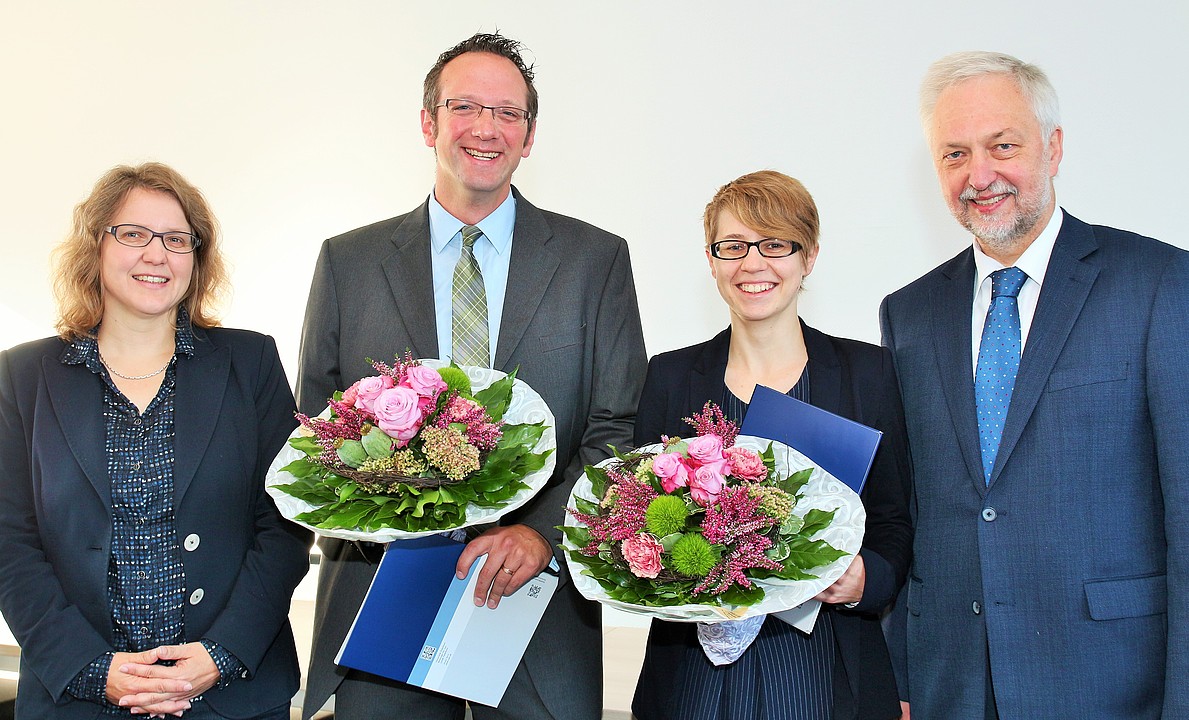
Research Award 2015:
Dr. Karin Mora and Prof. Dr. Dr. Claus Reinsberger (Sportmedizinisches Institut, University of Paderborn) are awarded the research award 2015 of the University of Paderborn for the collaborative project "Neurophysiologische Epilepsie-Diagnostik durch Netzwerk-orientierte Datenanalyse" (UPB Press Release)
29.01.2015
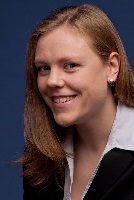
Dr. Kathrin Flaßkamp appointed member of GAMM Juniors:
The International Association for Applied Mathematics and Mechanics (GAMM) has appointed Dr. Kathrin Flaßkamp as one of 10 new members of the GAMM Juniors for her outstanding dissertation "On the Optimal Control of Mechanical Systems - Hybrid Control Strategies and Hybrid Dynamics" (UPB press release).
10.11.2014
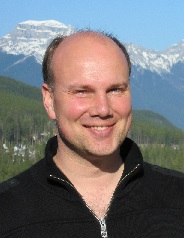
Prof. Dr. Jens Starke (TU Denmark): "Multiscale analysis of the macroscopic behaviour of particle models" (20.11.2014, 11 Uhr, Room O 1.258)
On November 20th, Jens Starke from TU Denmark will be giving a talk about "Multiscale analysis of the macroscopic behaviour of particle models ".
Abstract: A numerical multiscale approach called equation-free analysis is in the framework of slow-fast dynamical systems further improved and applied to particle models. The method allows to perform numerical investigations of the macroscopic behavior of microscopically defined systems including continuation and bifurcation analysis on the coarse or macroscopic level where no explicit equations are available. This approach fills a gap in the analysis of several complex real-world applications including particle models with intermediate number of particles where the microscopic system is too large for direct investigations of the full system and too small to justify large-particle limits. An implicit equation-free method is presented which reduces numerical errors of the analysis considerably. It can be shown, that the implicitly defined coarse-level time stepper converges to the true dynamics on the slow manifold. The method is applied to perform a coarse bifurcation analysis of microscopic particle models describing first car traffic on single lane highways and second pedestrian flow in two space dimensions. The results include an equation-free continuation of traveling wave solutions, identification of saddle-node and Hopf-bifurcations as well as two-parameter continuations of bifurcation points.
October 2014
"Mathematik studieren - europäisch, praktisch, gut" - PUZ Article about the ECMI Modelling Week. (PDF)

